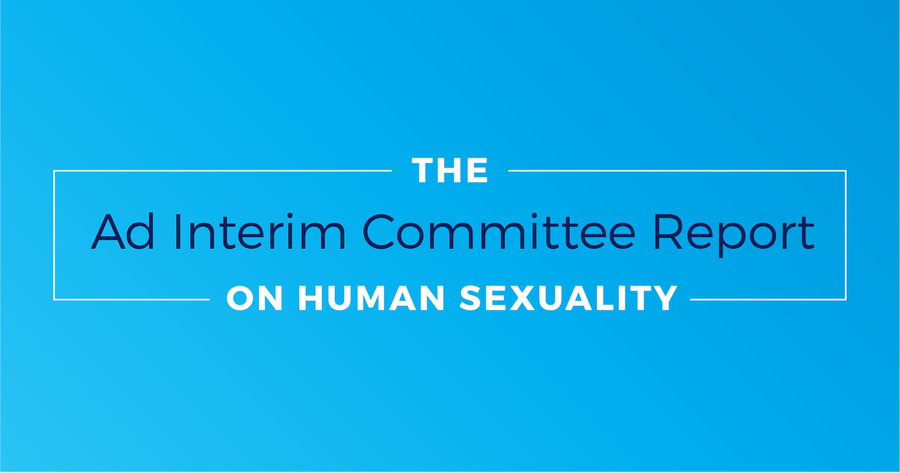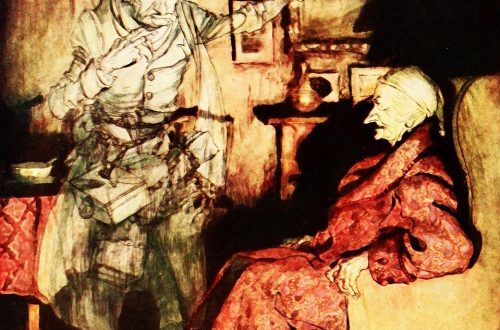I’ve been doing some reading on intersectionality1 recently, and I came across an article by a feminist psychologist named Stephanie Shields. She argues that intersectionality should be an urgent concern for behavioral scientists and should determine the outcomes of their research. Shields writes:
“Intersectionality is an urgent issue because it is critical to the effective, activist science that feminist psychology should be. The goal of activist science itself is not to create policy, but to inform it. Research undertaken from an intersectionality perspective does originate from a point of view which includes an agenda for positive social change, but the agenda requires data to support it. This approach reflects a belief that science can be beneficial to society and that it is our obligation to study scientifically those problems and issues that bear on real people’s lived experience.”
-Stephanie A. Shields, “Gender: An Intersectionality Perspective,” Sex Roles 59 (2008): 309.
Thomas Kuhn famously said that science is theory-laden. If Shields is correct, intersectional science seems theory-burdened, or theory-predetermined. Shields contends for “activist science.” In other words, it’s not merely that the scientist has biases that inevitably (though perhaps unintentionally) shape his research. Shields is arguing that the behavioral scientist should have a bias for intersectional theory, and that the theory should function as an agenda in search of facts to support it.
To the degree that behavioral sciences are being conducted in this way and to the degree that they become an apology for intersectional theory, we should not be surprised to find conflict between such “science” and traditional religious perspectives (including Christianity). But it is crucial to note that the conflict is not between real science and Christianity, but between a thinly veiled feminist theory and Christianity. The feminist theory masquerades as “science,” but it is not really that at all. It is a religion of first principles predetermining which facts are relevant and which ones need to be suppressed or discarded because they don’t support intersectional theory.
This is just a reminder that not all “science” is true science. The discerning reader will understand that there is a difference between facts and evidence and the evaluation of facts and evidence. Sometimes there are agendas at work shaping the way researchers construe the evidence. Oftentimes, it is the evaluation of the facts and evidence that reveals that underlying worldview of the researcher.
For example, in 2013 the Diagnostic and Statistical Manual of Psychiatric Disorders removed “Gender Identity Disorder” from its list of psychiatric disorders and replaced it with “Gender Dysphoria.” Did they remove it because scientists had uncovered some new facts or evidence showing it no longer to be a disorder? No, that is not why they did it. As I have pointed out before in this space, the diagnosis was changed to remove the stigma of transgender identities being labeled as a “disorder.” Consider also, for example, how the scientific community has responded to the research of Mark Regnerus and Paul McHugh. Has the negative response been based on facts and evidence? Or has it been based on the fact that these men sometimes reach conclusions that depart from predetermined outcomes?
—————
1 For a primer on intersectionality, I recommend Joe Carter’s recent article “What Christians Should Know about Intersectionality.” Andrew Sullivan offers a powerful critique of intersectionality from a secular perspective in “Is Intersectionality a Religion.” If you want to take a deep-dive into some actual intersectional theory, I recommend Kimberlé Crenshaw’s seminal essay, “Demarginalizing the Intersection of Race and Sex: A Black Feminist Critique of Antidiscrimination Doctrine, Feminist Theory and Antiracist Politics,” University of Chicago Legal Forum 1989, no. 1 (1989): 139-67. For a popular introduction to Crenshaw’s theory, see her recent TED Talk, “The urgency of intersectionality.”




